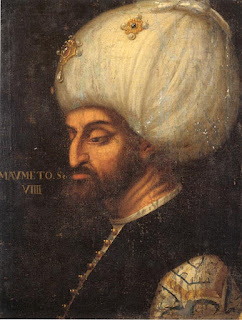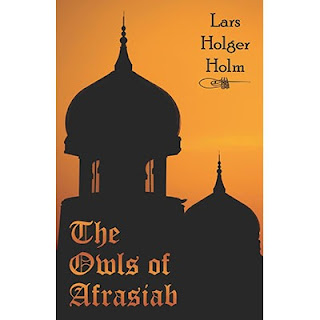And as Niels Bohr said: "If you're not entirely bewildered by the quantum leap, you haven't properly studied it."
One of the interesting things about living in France is that one, even involuntarily but nonetheless inevitably, has to become a do-it-yourself handy and maintenance man. It is in the very essence of things produced in France that they will often break, but just as often not completely, e.g. things are indeed fixable, but you have to fix them. Even so, your solutions and repair results will remain in the spirit of the original product, that is: liable to fail.
Today it wasn't a lock that wouldn't turn, a screw in the refrigerator door hinge that needed to be replaced, or the fixture for the tube inside the vacuum cleaner to be glued back on to the rim. It wasn't even a French product, strictly speaking, but something manufactured by a Dutch owned company.
I'm talking about my trash bin: Brabantia. Not that I would ever have considered buying it new, considering its whopping almost 300 Euro price tag. A friend of mine found one abandoned in a neighbour's garden and managed to buy it for 10 Euros from the owner. He then cleaned and polished it up for me. It now looks and works fine - in principal.
But there is a slight downside to it. As the bin graciously entered my house, during my absence, there was one tiny part missing in the locking mechanism. Consequently, the lid would not stay down but pop back up again every time I tried to close it. Now, this turned out to be no big problem since Brabantia is engaged to provide such spare part for free to its customers. So the parts were sent for and duly arrived. And they worked. For a while...
The problem was that the little plastic clamp that has been introduced in a tiny slot under the lid for the locking device to work, is likely to get loose and even fall off if one is not very attentive and cautious when closing and opening the lid. Consequently, the first plastic clamp just disappeared somewhere in connection with, precisely, my opening or closing of the lid, and I didn't even bother to try to find it, since I knew I had two more of those devices. Today, however, when the same thing happened, I decided not to be so lazy...
It goes without saying that the plastic 30 litre bag inside the dustbin was full to the brim with everything from coffee ground, potato peel to a chicken carcass. It also goes without saying that the 5 mm plastic knob, like a neutron star relentlessly moving in towards the centre of our sun by inexorable gravitational force, had worked itself down to the very bottom of the bag. It wasn't until I spilled the last remains of coffee and potato into the drain, to make sure the neutron star wouldn't escape beyond the event horizon, that it finally turned up. It was intact and the locking mechanism now works again.
But here's my question: why is that when one can make an object that doesn't work in a given context where it's supposed to work, why can't one just as well make something that actually does work in the first place? Well, you'd say. Why don't you just glue the piece inside the small frame holding it?
I Suppose I could, and even I thought about it, considering it a brilliant idea. But then, on second thought, I realised that if the locking device breaks inside the slot, it would be near impossible to get the scraps out of there without destroying the frame itself, and the bin would never, ever lock again.
Considering Murphy's Law, this is one day bound to happen, and it certainly doesn't need another reason to do so than that I have glued the piece back on to make sure it doesn't come off any longer. Thus, the best solution so far is to continue to be careful and not allow the locking mechanism to get loose again. Only this is not always so easy, but then again life never promised such a thing as to make things easy for us.















